
- Mobileye introduces EyeQ® Ultra™ – a single package AV-on-chip super-computer that is purpose-built for end-to-end autonomous driving.
- Proven Mobileye EyeQ® architecture underpins EyeQ Ultra, maximizing performance and efficiency at 176 TOPS (tera operations per second).
- First silicon for the EyeQ Ultra is expected in late 2023 with full automotive-grade production in 2025.
- Mobileye also introduces the next-generation EyeQ system-on-chip (SoC) for advanced driver-assistance systems (ADAS): EyeQ6L and EyeQ6H.
Mobileye today introduced the EyeQ® Ultra™, the company’s most advanced, highest performing system-on-chip (SoC) purpose-built for autonomous driving. As unveiled during CES 2022, EyeQ Ultra maximizes both effectiveness and efficiency at only 176 TOPS, making it the industry’s leanest autonomous vehicle (AV) chip. This efficiently designed SoC builds on seven generations of proven EyeQ architecture to deliver exactly the power and performance needed for AVs, which are all but certain to be all-electric vehicles.
First silicon for the EyeQ Ultra SoC is expected at the end of 2023, with full automotive-grade production in 2025.
“Consumer AV is the end game for the industry,” said Prof. Amnon Shashua, Mobileye president and chief executive officer. “By developing the entire self-driving solution – from hardware and software to mapping and service models – Mobileye has a unique perspective into the exact requirements for the self-driving system that enables us to reach the performance-and-cost optimization that will make consumer AVs a reality.”
Mobileye designed the EyeQ Ultra after having first built an AV to understand exactly what a self-driving vehicle needs to operate at a very high meantime between failures. This approach enables the optimum balance of performance across different accelerators and general-purpose processors in an extremely efficient power-performance envelope.
Delivering Unmatched Cost-to-Performance
Marking a leap in the evolution of the EyeQ family of SoCs, EyeQ Ultra packs the performance of 10 EyeQ5s in a single package. Leveraging 5 nanometer process technology, EyeQ Ultra can handle all the needs and applications of Level 4 (L4) autonomous driving without the power consumption and costs related to integrating multiple SoCs together. Like its EyeQ predecessors, EyeQ Ultra has been engineered in tandem with Mobileye software, enabling extreme power efficiency with zero performance sacrifices.
EyeQ Ultra utilizes an array of four classes of proprietary accelerators, each built for a specific task. These accelerators are paired with additional CPU cores, ISPs and GPUs in a highly efficient solution capable of processing input from two sensing subsystems – one camera-only system and the other radar and lidar combined – as well as the vehicle’s central computing system, the high-definition map and driving policy software. At a mere 176 TOPS, the EyeQ Ultra is much more efficient than other AV solutions, delivering the necessary performance and price-point required for consumer-level AVs.
By optimizing for efficiency, EyeQ Ultra unlocks the AV potential for safer roads and reduced congestion for consumers.
Evolution of the EyeQ Architecture
The introduction of EyeQ Ultra comes at the same time as two new EyeQ SoCs for ADAS – the EyeQ6L and EyeQ6H – and follows the shipment of Mobileye’s 100 millionth EyeQ SoC late last year. First introduced in 2004, Mobileye’s EyeQ transformed the ADAS market by proving that cost-effective camera sensors processed by Mobileye’s purpose-built technology were capable of preventing and mitigating collisions. The innovation of EyeQ helped make roadway safety technology more accessible, bringing features including forward-collision warning, lane departure warning and blind spot detection to millions of drivers around the world.
Mobileye’s proven EyeQ architecture lays the foundation for EyeQ Ultra. Designed to make consumer AVs accessible, EyeQ Ultra fills a void in the automotive market as the EyeQ family of SoCs has done before it. As an extension of the EyeQ family, EyeQ Ultra will also be informed by Mobileye’s Road Experience Management™ (REM) mapping technology. Gathered via millions of vehicles on the road already equipped with Mobileye, REM captures packages of road data to create the Mobileye Roadbook™, which is accessed via the cloud to provide, in real time, up-to-date information on the drivable paths ahead.
Two New EyeQ SoCs for Next-Generation ADAS
The EyeQ6L will be the successor to the EyeQ4 SoC in a package that is just 55 percent the size of the EyeQ4. This one-box windshield solution delivers more deep-learning TOPS at ultra-low power for highly efficient entry and premium (L2) ADAS. It began sampling last year and is due to reach start of production by the middle of 2023.
The EyeQ6H will support premium ADAS or partial AV capabilities with full surround. It is equivalent to two EyeQ5 SoCs in terms of computing power but more importantly supports visualization and performs better under heavy artificial intelligence workloads. This centralized solution will provide all ADAS L2+ functionalities, multi-camera processing (including parking cameras), and will host third-party apps such as parking visualization and driver monitoring. This most advanced ADAS SoC in the EyeQ family will begin sampling this year and is due to begin production by the end of 2024.
Both EyeQ6 SoCs will be manufactured on 7nm process technology.
More Context
As Mobileye continues to execute its plan to enable autonomous driving, the versatility and scalability of the company’s portfolio comes into view. Mobileye recently shipped its 100 millionth EyeQ SoC, unveiled its production robotaxi, and scaled its autonomous vehicle testing across multiple cities around the world including in the U.S., Europe and Asia.





.png)

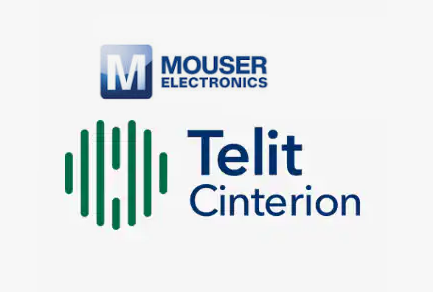
.jpg)

.webp)
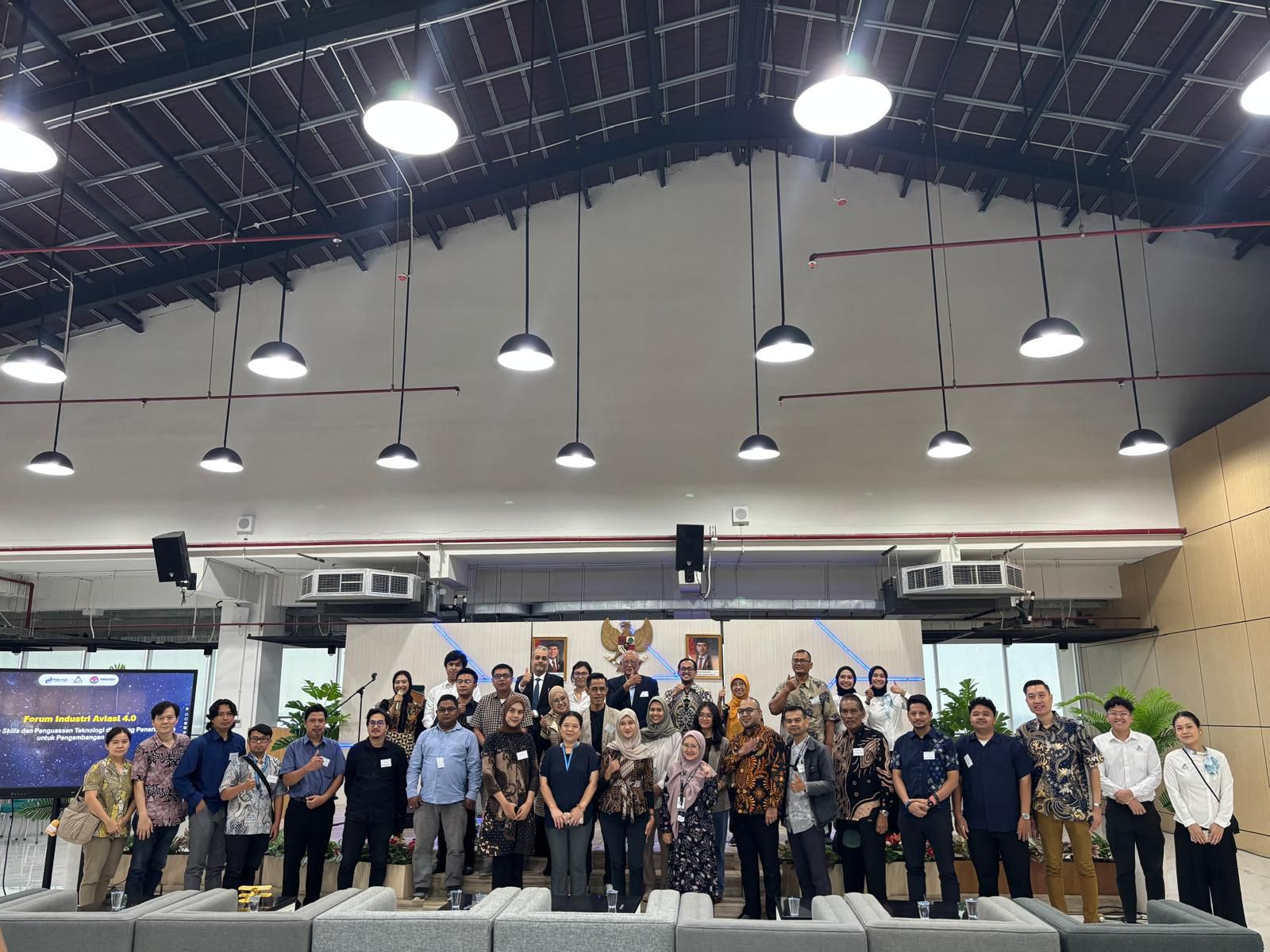



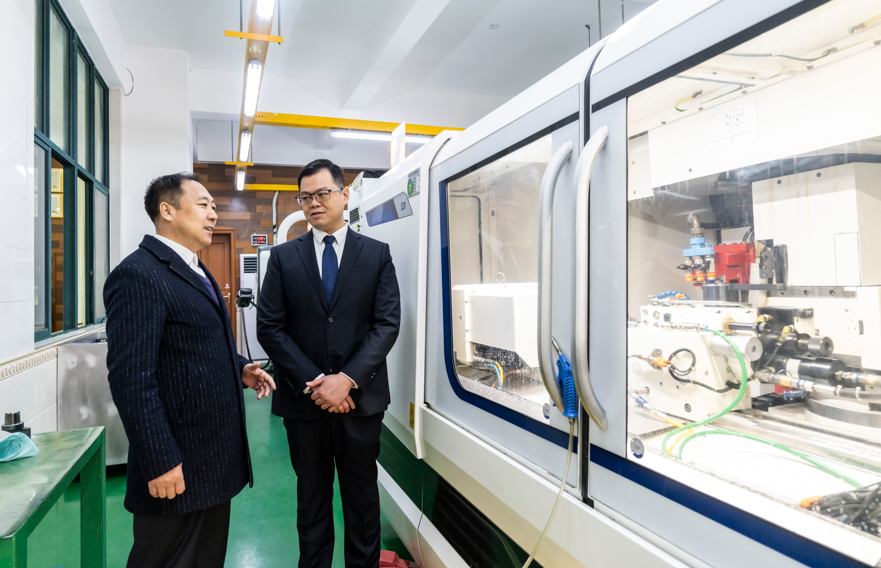










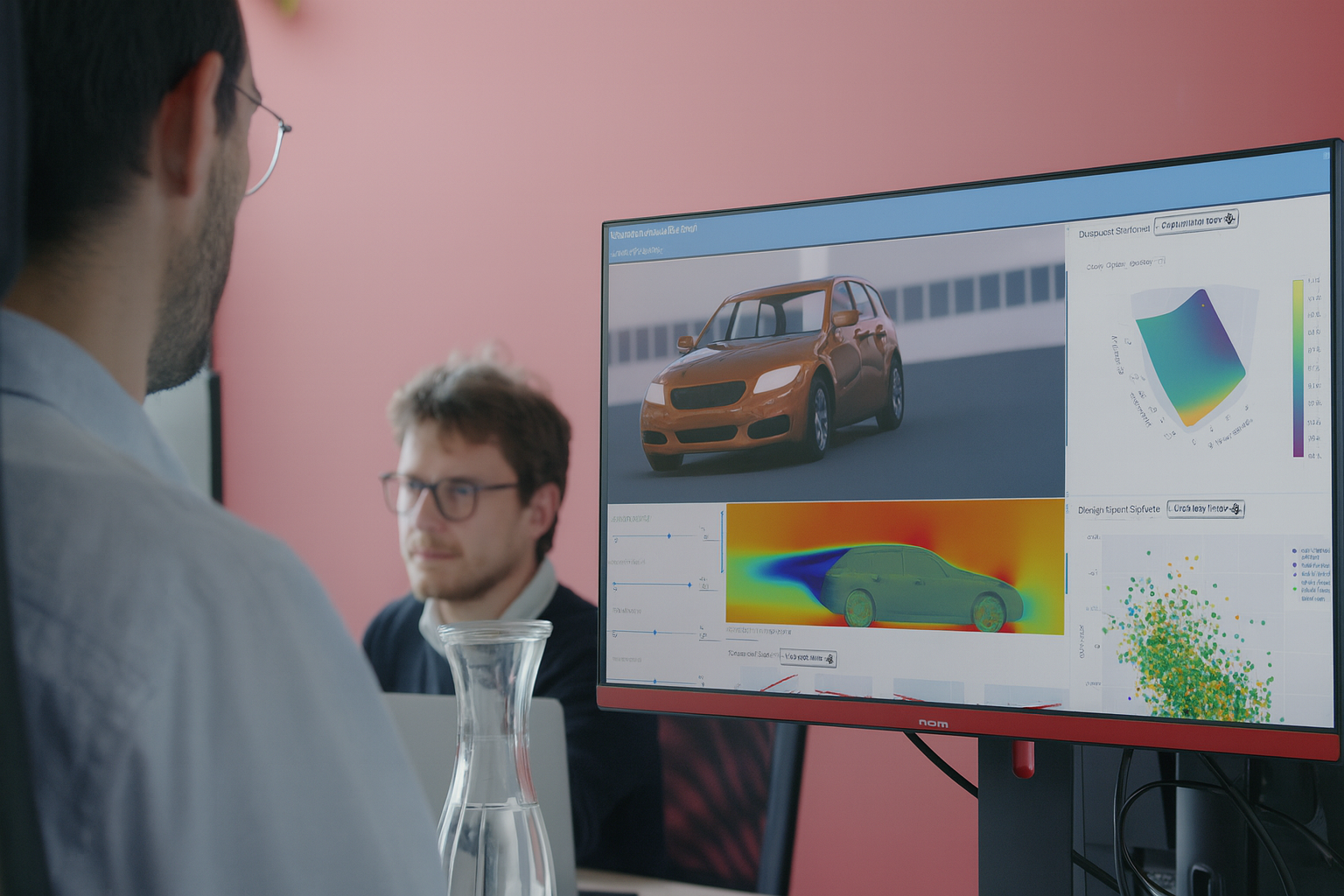
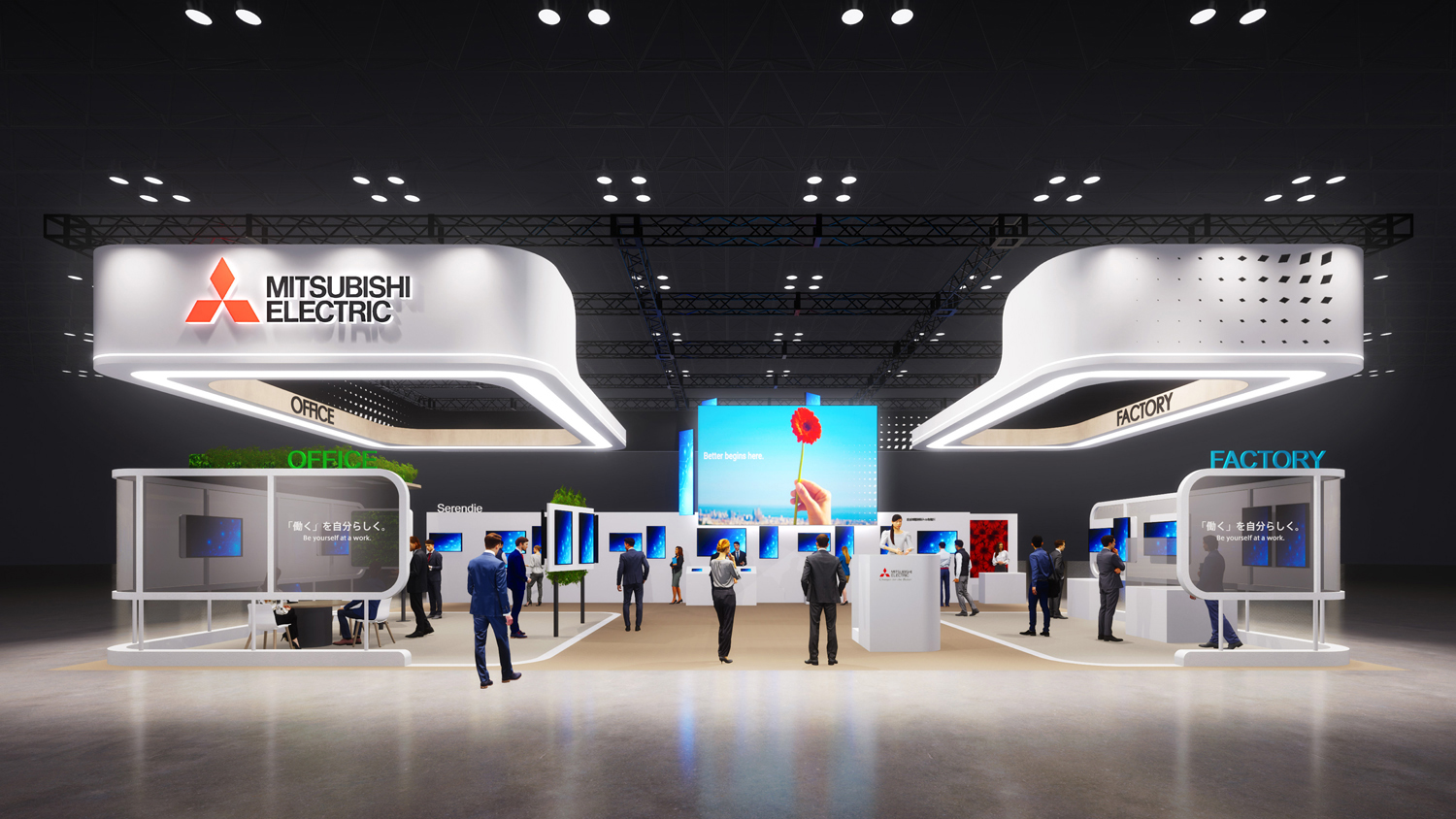
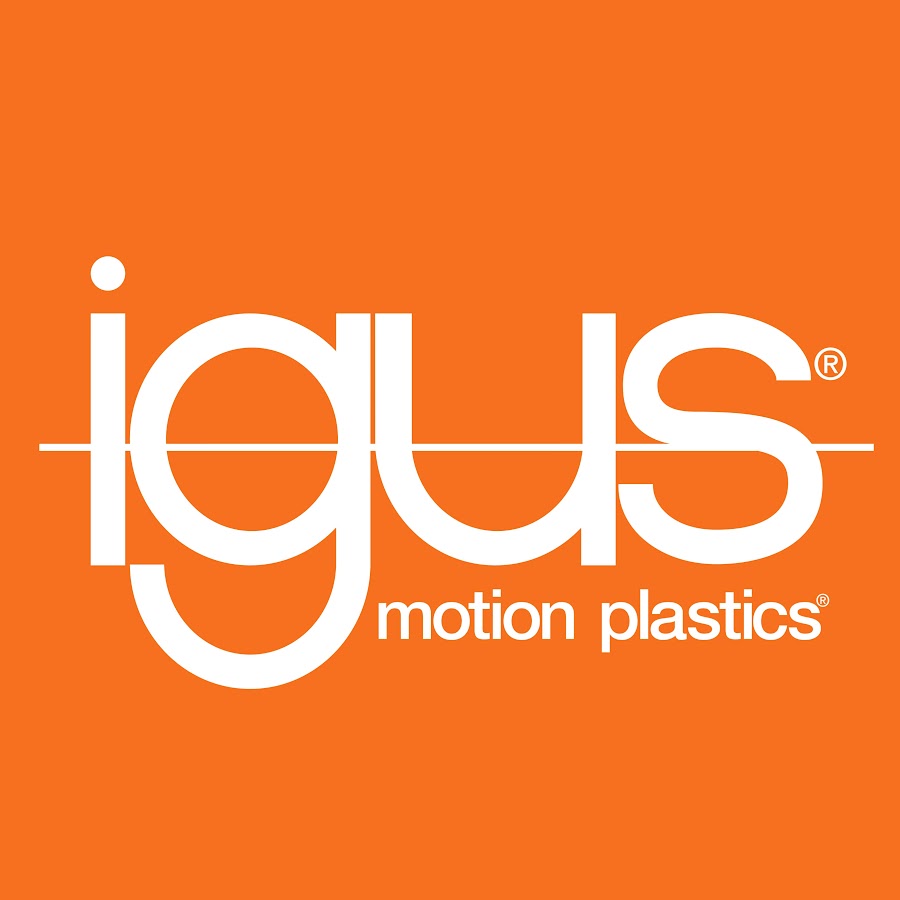
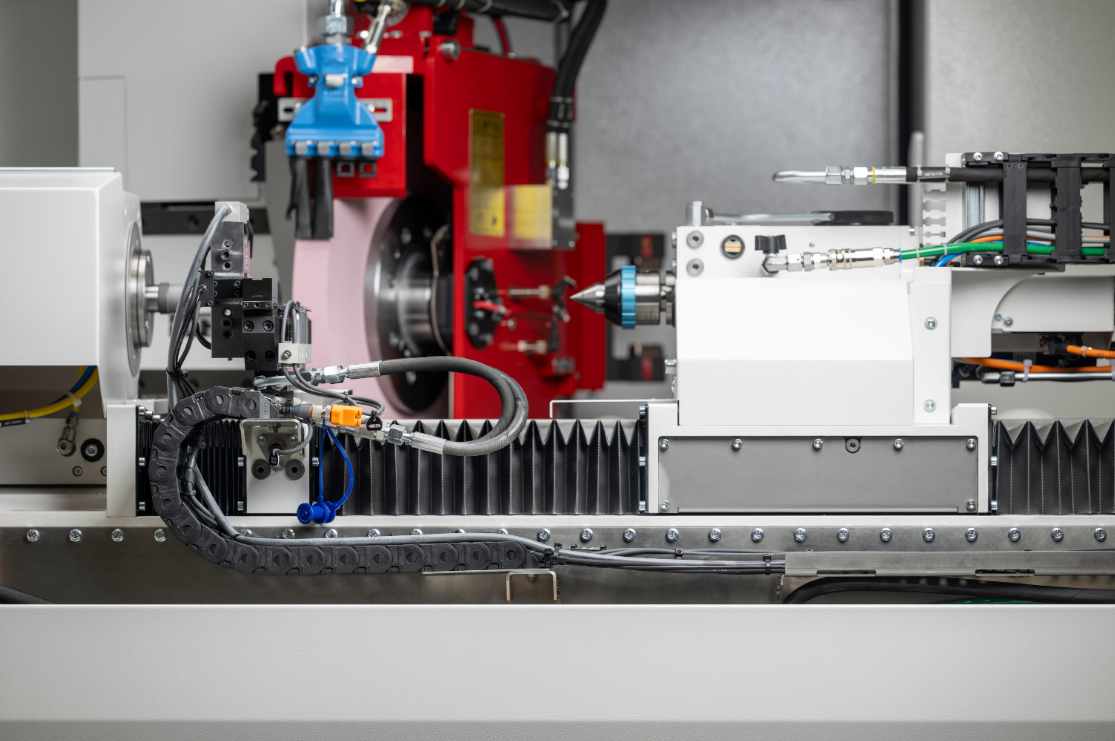






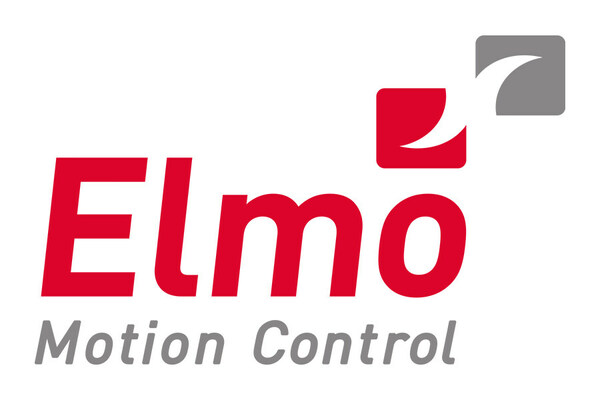



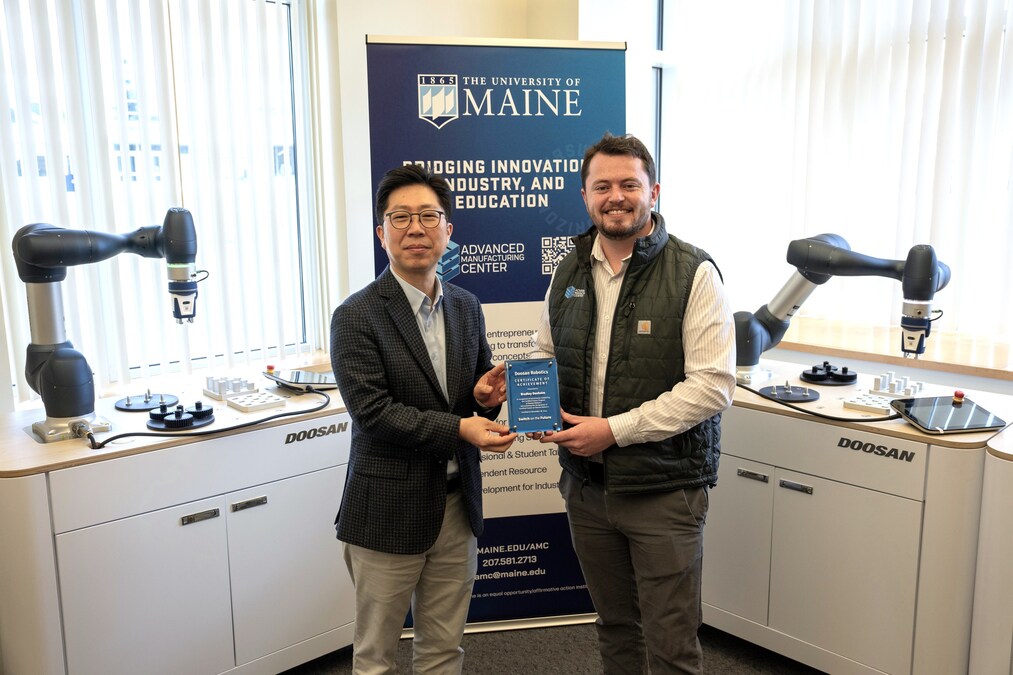
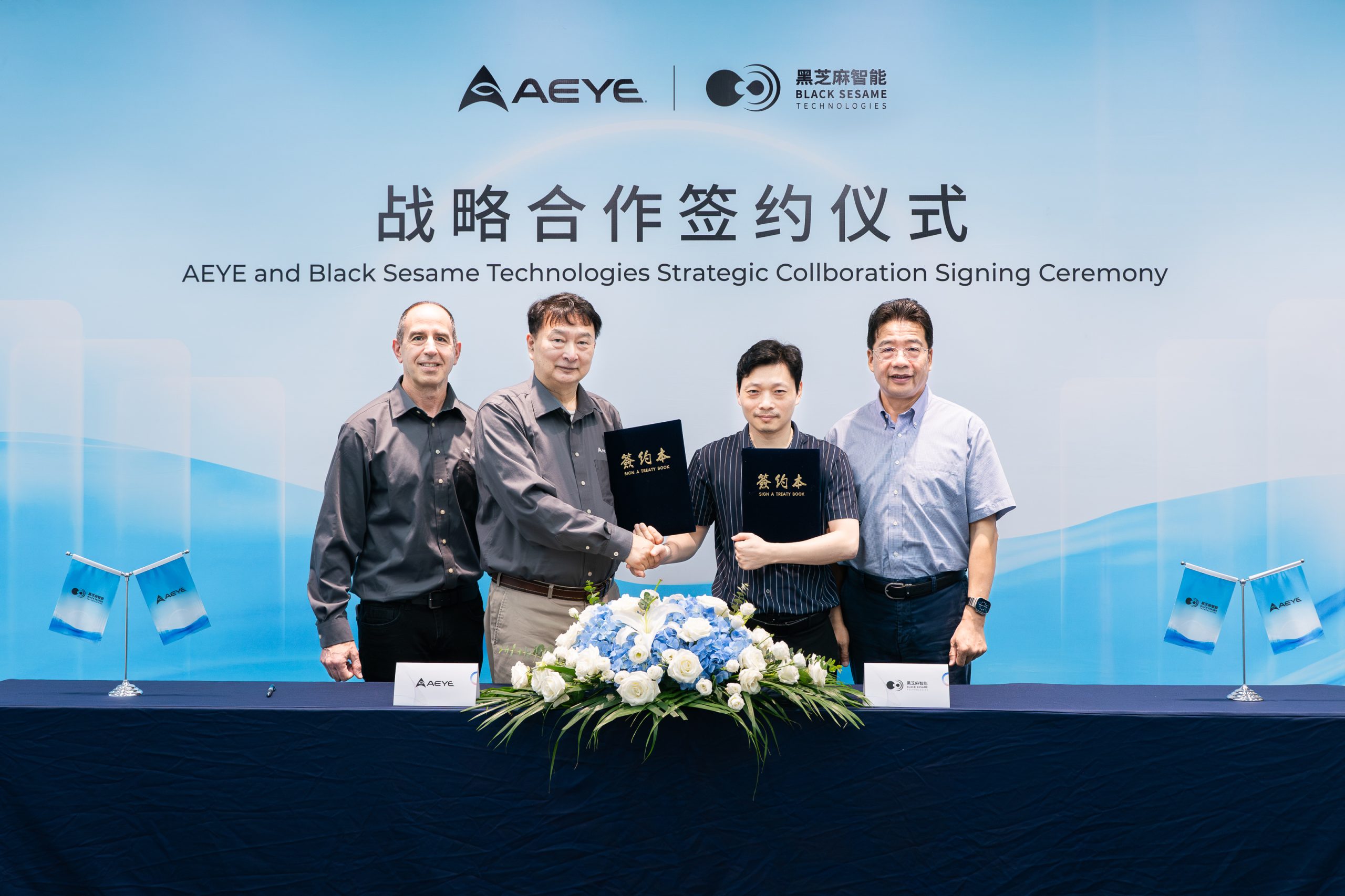








.webp)






























.png)





.png)















